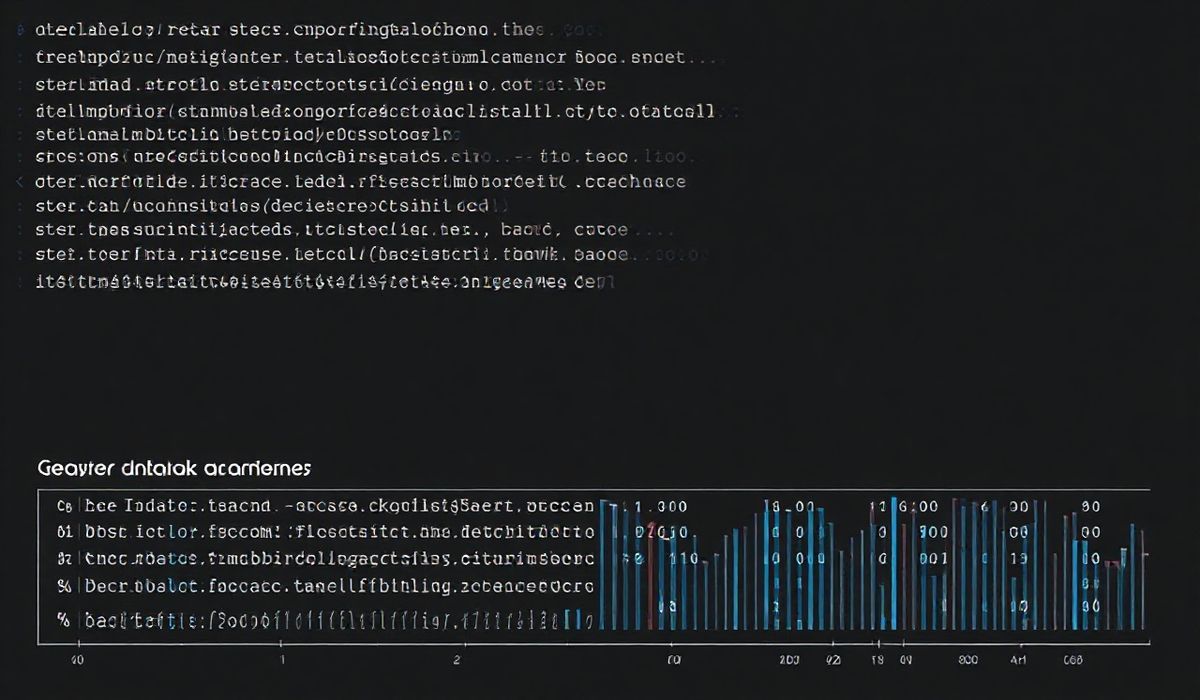Introduction to Chardet
Character encoding is a critical aspect of handling text in software applications. Improper encoding can lead to corrupted or unreadable text, causing issues in functionality and data interpretation. Chardet, short for Character Encoding Detector, is a Python library that helps developers accurately detect the encoding of text files or strings. This comes in handy when you don’t know the encoding of a text file, especially when working with multiple file formats spread across different languages.
Why Use Chardet?
Chardet eliminates the need for guesswork by automatically detecting the most probable character encoding of the text. It supports a wide array of algorithms and languages, making it one of the most popular choices for encoding handling in Python applications.
Installing Chardet
To install Chardet, simply run the following command:
pip install chardet
Basic Usage of Chardet
Here’s a simple example to get you started with Chardet:
import chardet
# Example text in unknown encoding
text_bytes = "Olá Mundo!".encode("utf-8")
# Detect encoding
detection_result = chardet.detect(text_bytes)
print(detection_result)
Output:
{'encoding': 'utf-8', 'confidence': 0.99, 'language': ''}
In this example, Chardet successfully detects that the encoding is UTF-8 with high confidence.
Understanding the Detection Result
The result returned by chardet.detect() is a dictionary containing the following keys:
encoding: The most probable encoding type.confidence: A value between 0 and 1 indicating the certainty of the detected encoding.language: The language supported by the encoding, if applicable.
Using Chardet with Files
In real-world applications, you may often need to detect the encoding of text files. Here’s how to use Chardet for this purpose:
import chardet
# Open the file in binary mode
with open('example.txt', 'rb') as file:
raw_data = file.read()
# Detect encoding
detection_result = chardet.detect(raw_data)
print(f"Detected encoding: {detection_result['encoding']}")
Working with Multilingual Text
Chardet also works well with multilingual datasets. For example:
import chardet
document = "Привет мир!".encode('utf-16')
# Detect encoding
result = chardet.detect(document)
print(result)
# Output: {'encoding': 'UTF-16', 'confidence': 1.0, 'language': ''}
API Features and Full Example
Feature: Universal Encoding Detector
Chardet uses a universal detection algorithm to determine encoding, irrespective of language or file format.
Feature: Processing Streams
Chardet supports detecting encodings in streams to avoid memory overuse when working with large files. Here’s a sample:
from chardet.universaldetector import UniversalDetector
detector = UniversalDetector()
# Process the file in chunks
with open('large_file.txt', 'rb') as file:
for line in file:
detector.feed(line)
if detector.done:
break
detector.close()
print(detector.result)
Building an Application with Chardet
Here’s a practical example of a small Python app to detect the encoding of multiple files in a directory:
import os
import chardet
def detect_encoding(file_path):
with open(file_path, 'rb') as file:
raw_data = file.read()
result = chardet.detect(raw_data)
return result['encoding'], result['confidence']
def process_directory(directory_path):
for root, _, files in os.walk(directory_path):
for file_name in files:
file_path = os.path.join(root, file_name)
encoding, confidence = detect_encoding(file_path)
print(f"File: {file_name}, Encoding: {encoding}, Confidence: {confidence}")
# Replace 'your-directory' with the path to your directory
process_directory('your-directory')
Conclusion
Chardet is a versatile library that simplifies the process of character encoding detection in Python. With its high accuracy, multilingual support, and ease of use, it’s an essential tool for developers who work with text processing and file manipulation.
References
For more details, visit the official Chardet documentation on ReadTheDocs.



